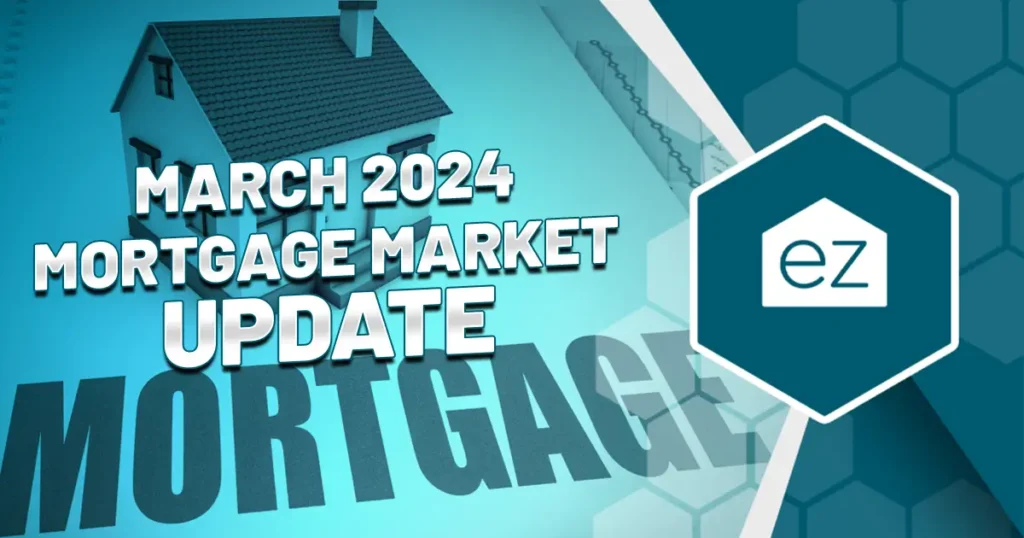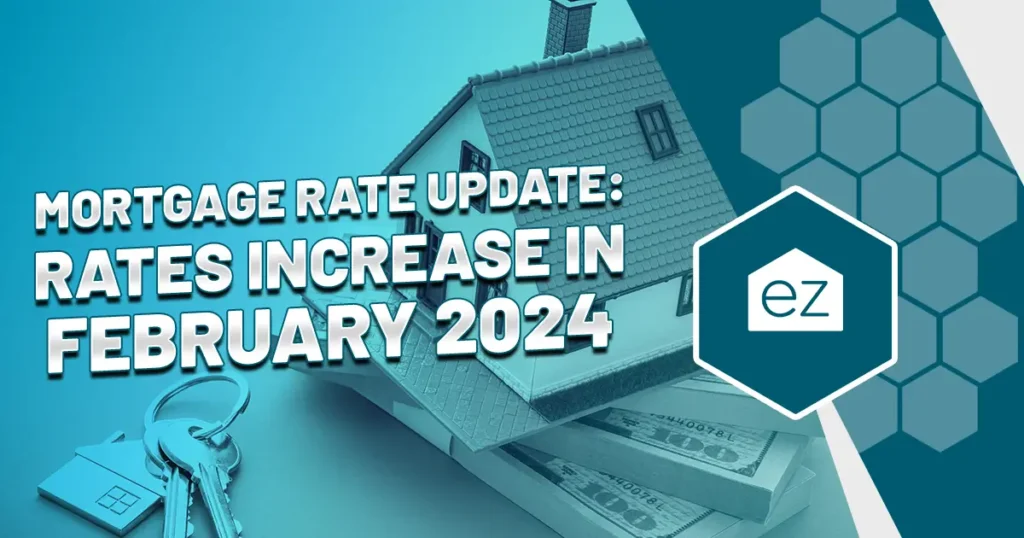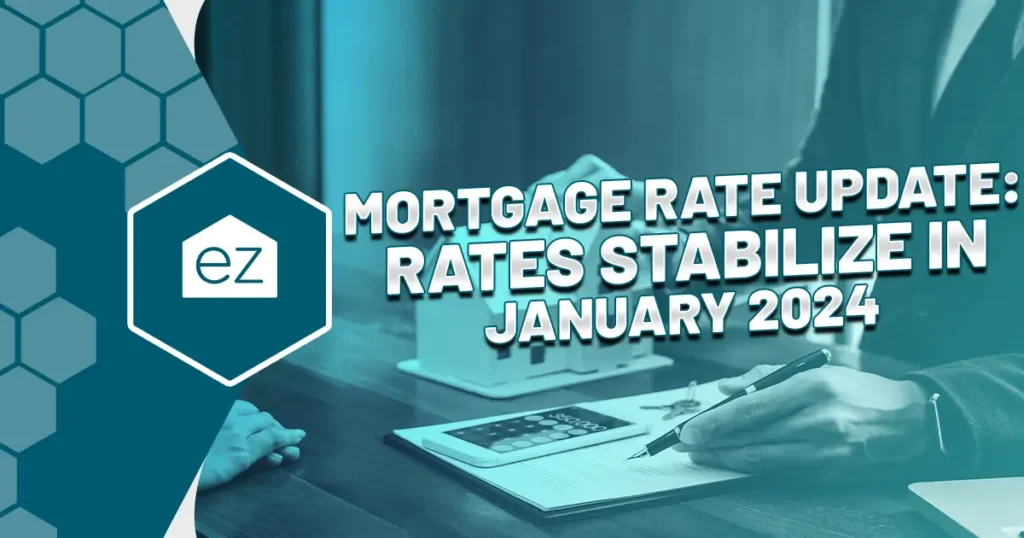Good Credit Will Cost You More? What Recent Mortgage Changes Mean For You
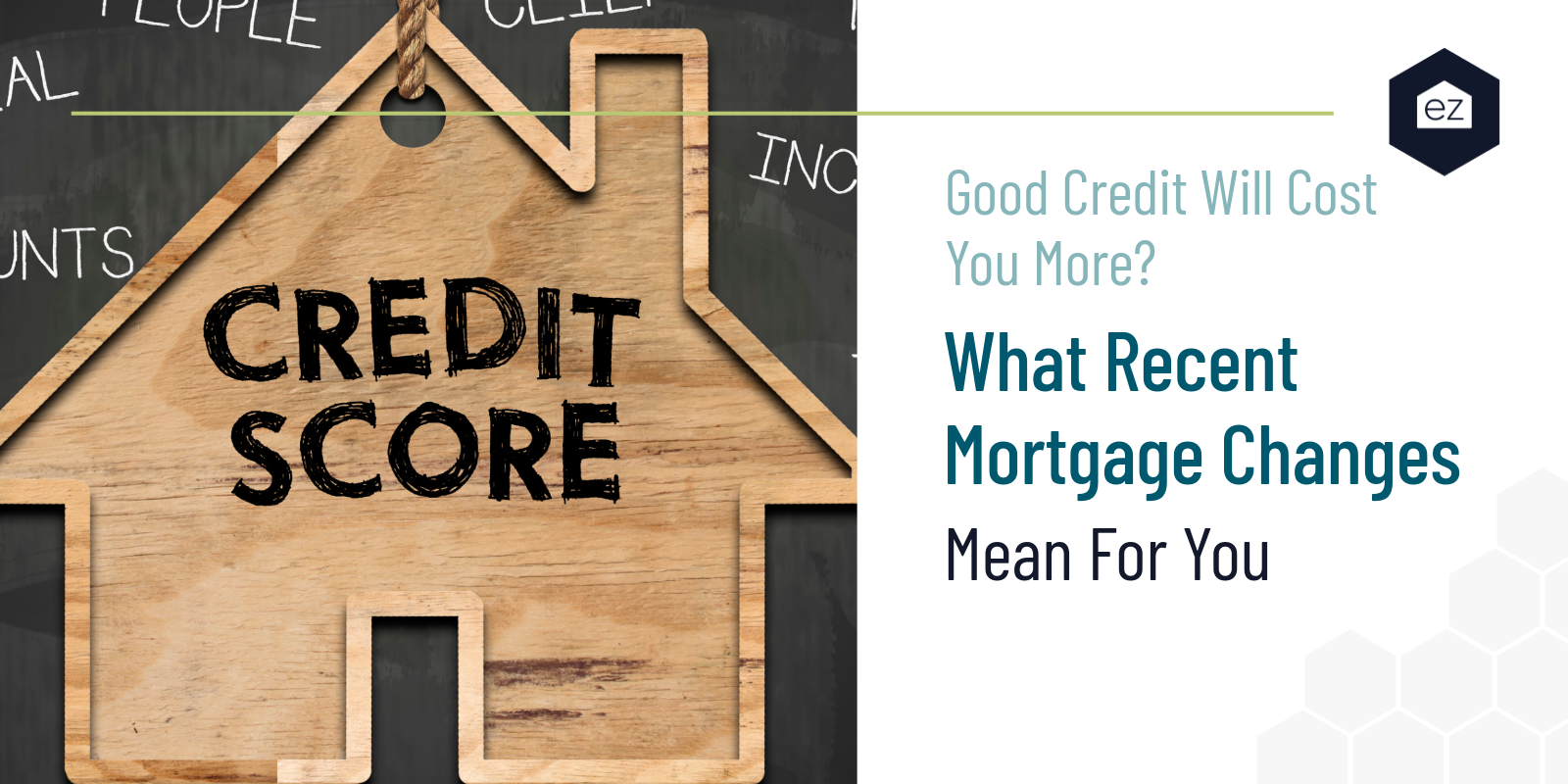
Good Credit Will Cost You More? What Recent Mortgage Changes Mean For You
For most people, the concept of a good credit score is simple: the higher yours is, the more likely you can secure a loan on good terms. But recent events are challenging what was once a fact of life. As GoBankingRates.com notes, a new federal rule could potentially reward those with lower credit to make homes more affordable.
The Federal Housing Finance Agency says that those with a 680 credit score or higher would expect to pay about $40 more per month on a mortgage than those with lower credit scores. This would obviously upend the incentive for people to carry good credit scores in the first place.
Paying More With a Higher Down Payment?
The New York Post says there are hints that the rule—which went into effect on May 1st, 2023—could impact people with a 20% down payment prepared. Typically, people who save up for a downpayment do so to avoid issues like mortgage insurance, which can make the average mortgage cost go up each month. But the new rule could especially make it more difficult for people with higher credit scores to pay for their mortgages.
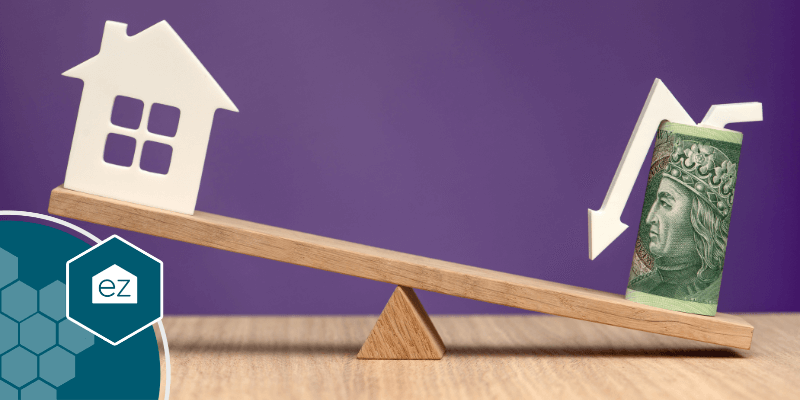
Here’s what the rule does. Known as loan-level price adjustments, or LLPAs, these impose fees on borrowers with high credit scores, seeking to create a subsidy for those with lower credit scores. The idea is to make home affordability more accessible to people who don’t have higher credit scores. However, while the cause is noble, some people are concerned that it de-incentivizes people to maintain healthy credit and save for a downpayment.
As GoBankingRates.com noted, the rule is drawing some criticism from David Stevens, a former commissioner of the FHA (Federal Housing Administration) during the Obama administration. Stevens called the approach confusing, especially pointing out that as it kicks in, its timing couldn’t be much worse. Stevens believes that the mortgage industry is already struggling to keep homes affordable and that the new rules could make the economic situation worse for homeowners.
In a public letter, FHFA Director Sandra L. Thompson tried to clarify some of these rules and the intentions behind them. Thompson wrote that there is not a blanket increase for everyone with a higher credit score, which means that each individual’s situation may be different. Thompson also wrote that the idea is to make it easier for people with lower incomes, not necessarily lower credit scores, to afford homes. However, not everyone felt the letter clarified what the rule would mean going forward.
How Much Are the New Fees?

Prospective buyers typically average a FICO score of 742. This puts the average homeowner in a bit of a predicament. According to the changes, a homebuyer with a credit score between 640 and 659, rated “fair,” will pay less in LLPA fees for the mortgage. For example, with 5% down, the prior LLPA fee was 2.75%, but now would be 1.5%. Meanwhile, someone purchasing a home with a “very good” credit score of 740-759 and 20% down would pay 1% in LLPA fee, double what it used to be.
This could provide people with merely “fair” credit with more home-buying opportunities. But what concerns others is that even a slightly higher average credit score could incur penalties. People rated 740-759, which is right in the middle of the average for Minnesota home buyers but considered “very good” by the ratings, LLPA fees could double in some situations. And that’s even when the homeowners put 20% down.
If you’re considering buying soon, Fannie Mae has published its LLPA Matrix to show that the new rates are on purchase loans, cash-out refinances, and limited cash-out refinances.
It’s also worth noting that the LLPAs do not apply to USDA, VA, or FHA loans.
The Impact of New Fees
While this might not be prohibitive for individual investors, it does raise a few eyebrows. There are already plenty of fees that come with buying a new home. These fees hit hardest at the closing table when buyers have already paid thousands for a down payment, title fees, inspections, and loan processing fees.
Suddenly having to pay more in LLPA fees, especially when having good credit, can seem counterintuitive to the goal of making it easier for everyone to buy a home. It’s especially puzzling given the current market conditions when mortgage rates are tight. However, there are still plenty of buyers out there keeping prices competitive.
The idea is to level the playing field, but the changes aren’t even. Some home buyers with excellent may not see any LLPA fee change, or even decline, depending on their down payment.
Are “Risky” Homebuyers Going to Do Better?
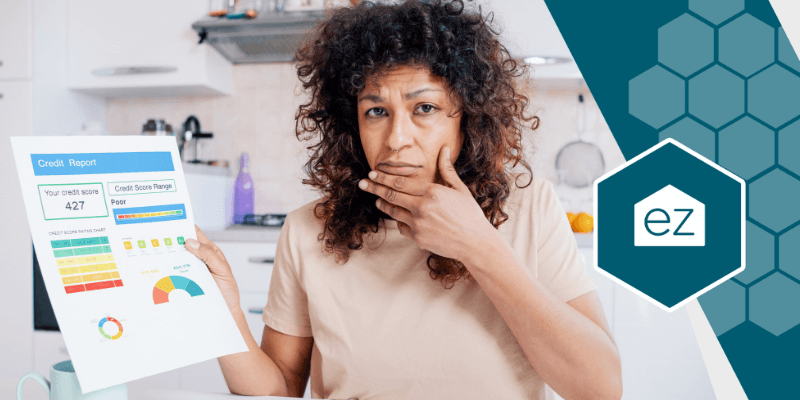
Of course, many Americans might be willing to foot the bill if it means leveling the playing field. The question is whether this law will do enough to help those who truly need it. As Newsweek notes, the goal is to increase homeownership among people with low credit scores who typically, but not always, have lower incomes. However, while the percentage increases may look like a lot, that doesn’t always mean that the savings for individual home buyers will be enough.
Since the rule just kicked into effect in early May, we’ll have to see what impact it has on the housing market and if having subsidies helps. The savings created by this new rule may not have enough impact to justify the cost. Plus, other economic factors will likely play a more prominent role in if individuals with low credit scores can buy a home. With May 2023’s latest interest rate hike from the Federal Reserve, overall interest rates could stay high, further stressing mortgage affordability.
Start Your Home Search
Preston Guyton
Share this Post
Related Articles
Mortgage News
April 2024 Mortgage Market Update
Mortgage News
Can A Reverse Mortgage Help You In Retirement?
Mortgage News
Mortgage Rate Update: Rates Increase In February 2024
Mortgage News
